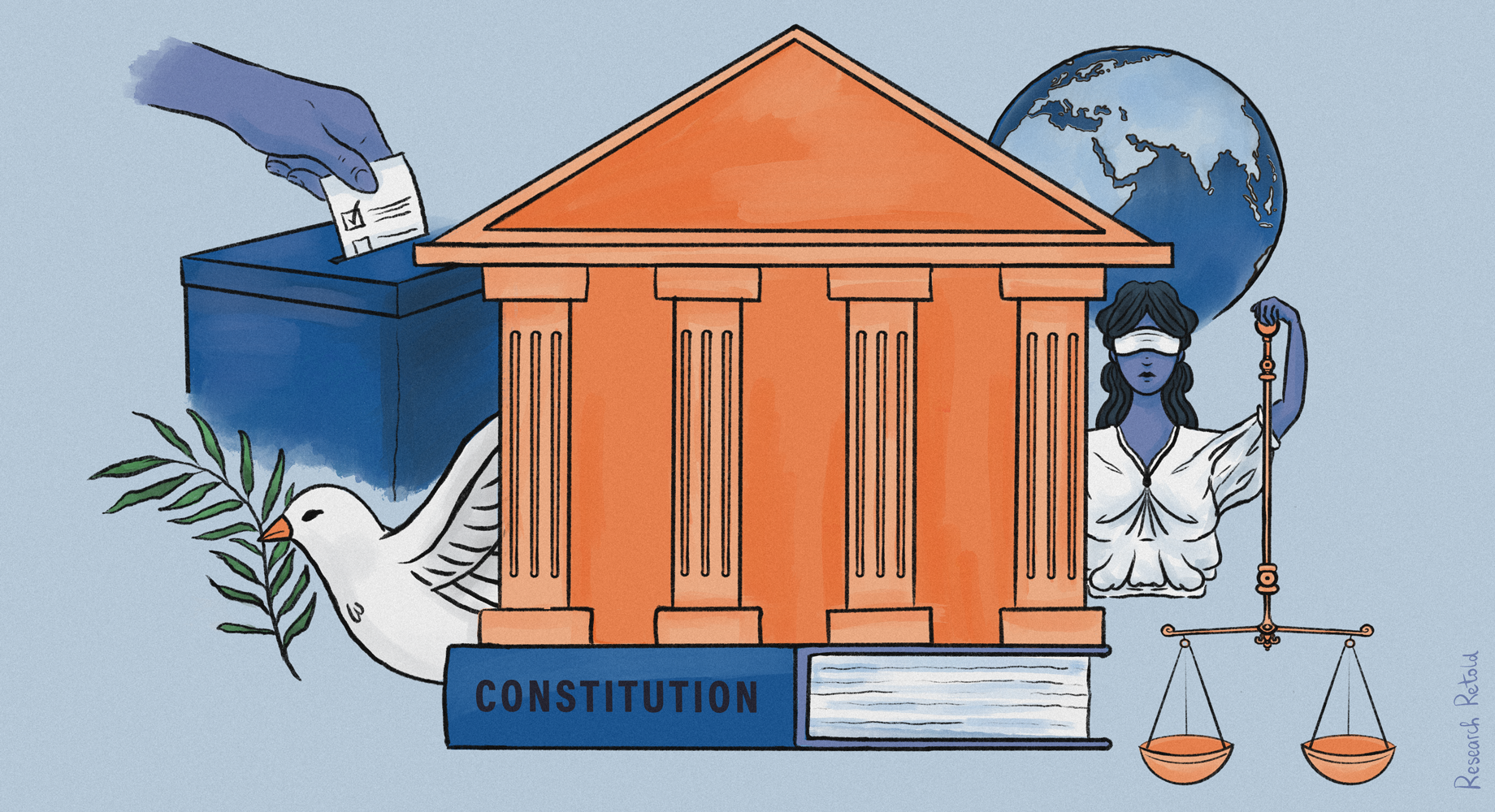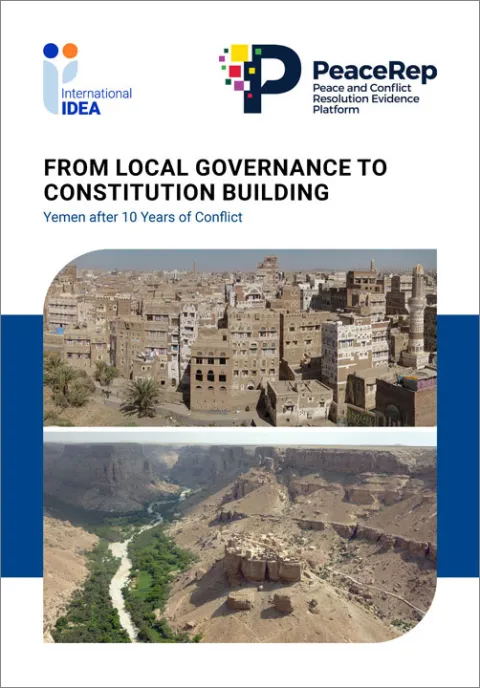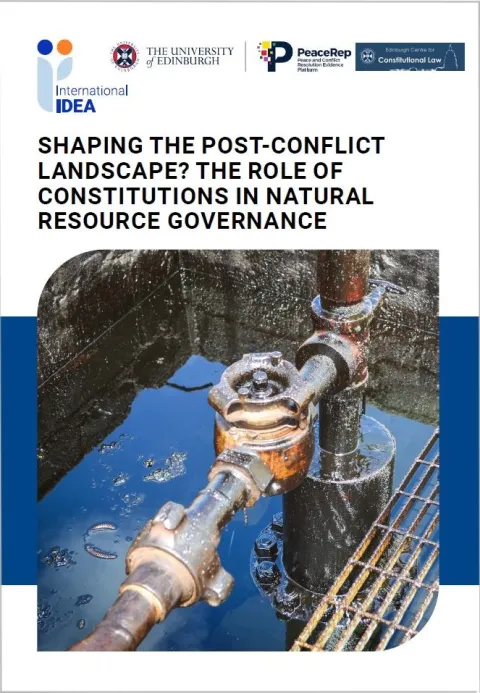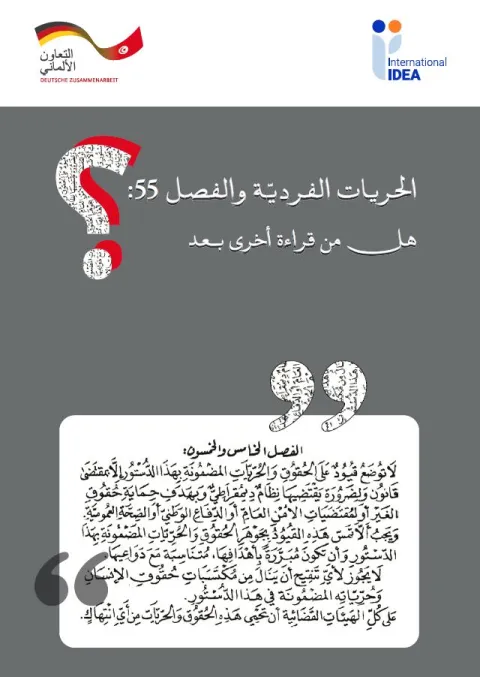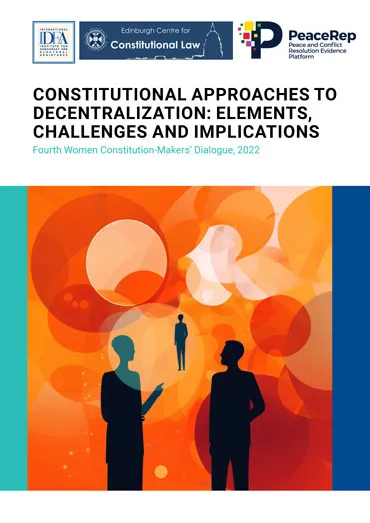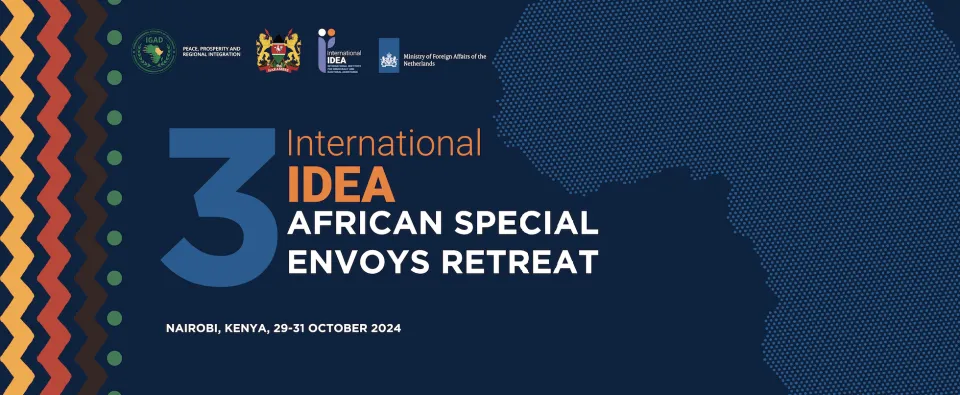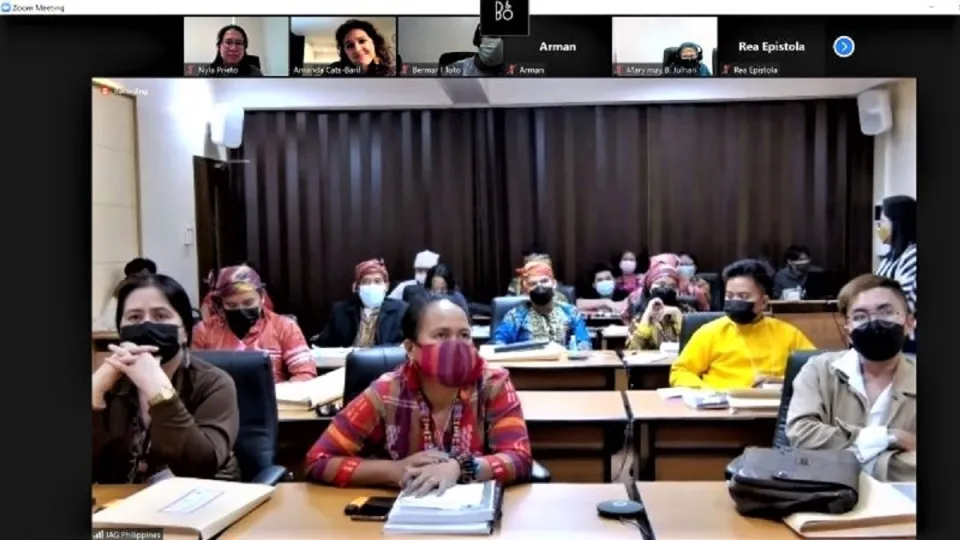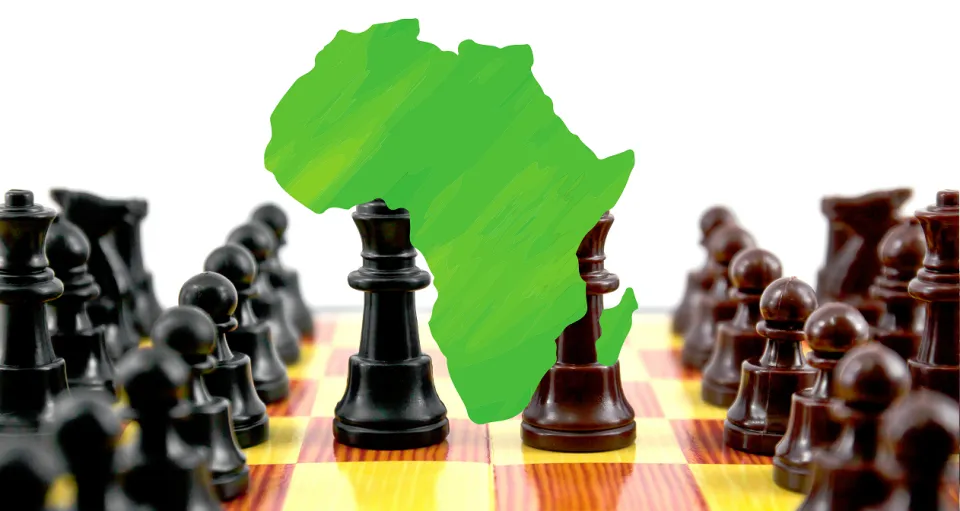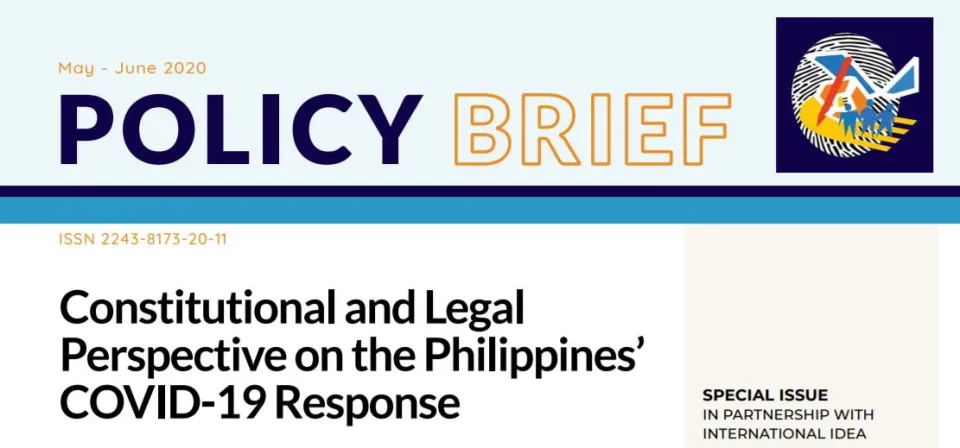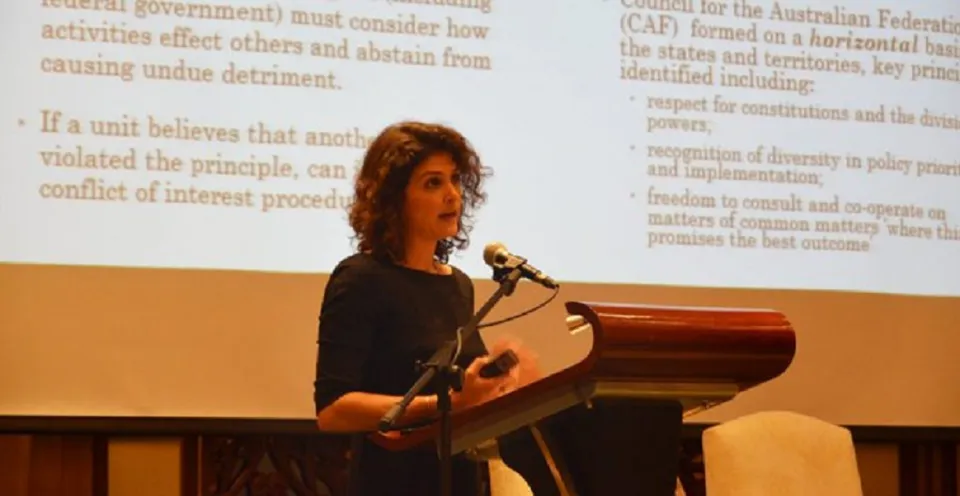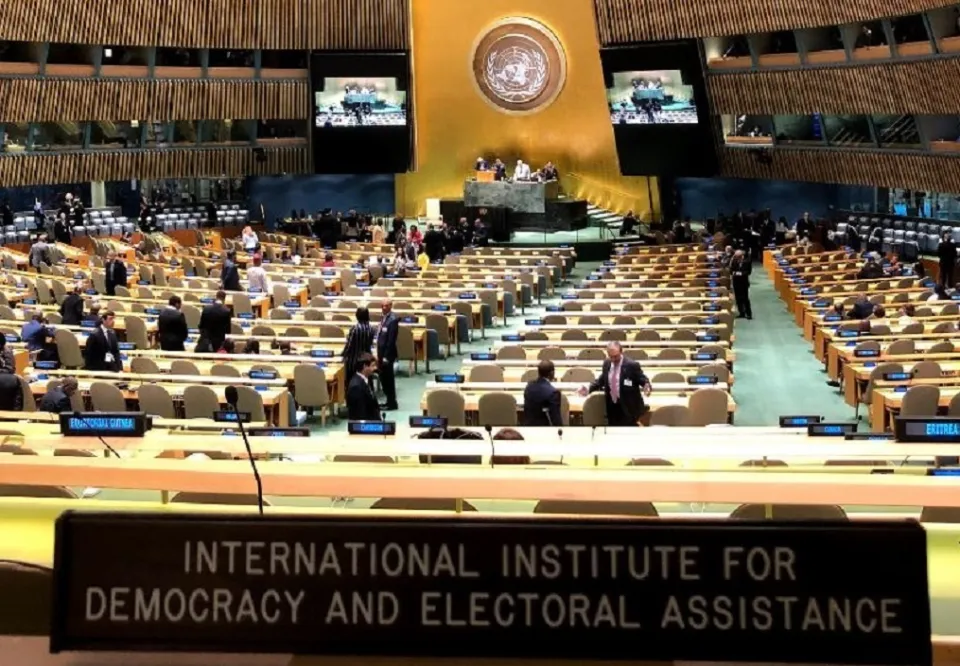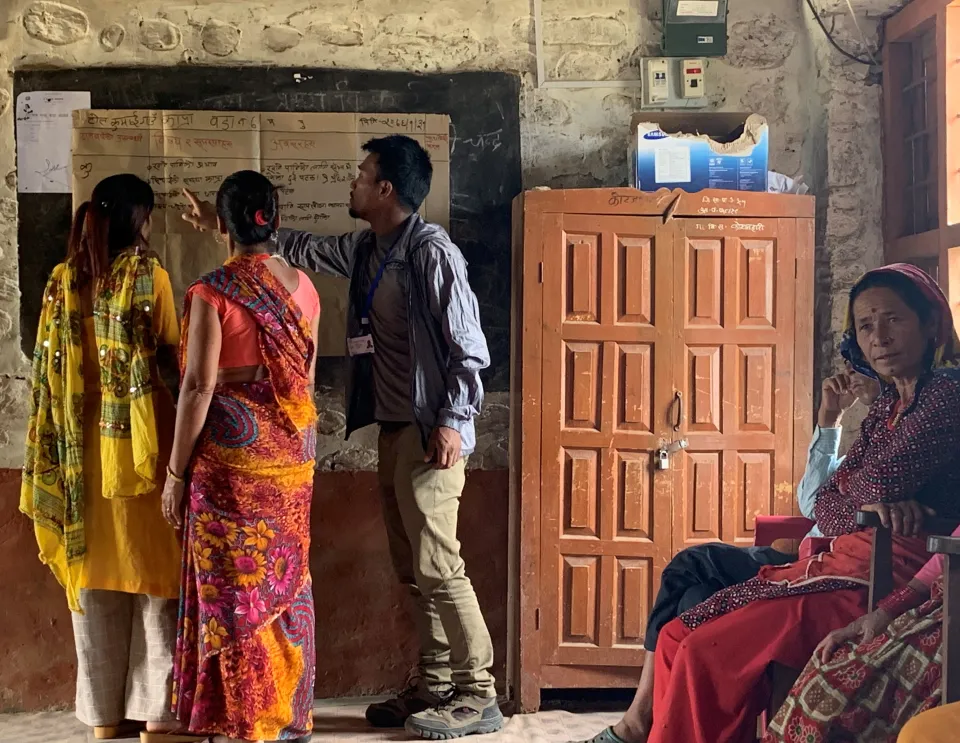The 2011 Moroccan Constitution: A Critical Analysis
In the context of a protest movement that started in Tunisia in December 2010 and that spread throughout North Africa and West Asia, close to 200,000 Moroccans took to the streets in 53 cities to demand rapid change in their country.
In an effort to satisfy demonstrators and to avoid the type of revolutionary change that has spread across other countries in the region, the Kingdom of Morocco drafted and approved a new constitution in July 2011. Although some commentators have noted its progressive protection of individual rights, others have complained that the new constitution reinforces a rigid governance framework that protects entrenched interests at the expense of executive transparency and accountability.
This publication is the second in a series that International IDEA is publishing on constitutional developments in West Asia and North Africa since 2011. The authors of this study provide an overview of the manner in which Morocco’s new constitution was drafted and of its substantive contents. They also set out a number of recommendations that could be considered in any future reform effort.
Details
Contents
Executive summary
Introduction
The constitution’s principles and basic values
The organization of power at the national level
Powers of the king with regard to the government
The organization of power at the local level
The parliament in the 2011 constitution: changes and continuities
Executive power
The judiciary: towards more independence
Revision of the constitution
Conclusions and recommendations
References
About the authors
Endnotes
Give us feedback
Do you have a question or feedback about this publication? Leave us your feedback, and we’ll get back to you
Send feedbackThe 2011 Moroccan Constitution: A Critical Analysis
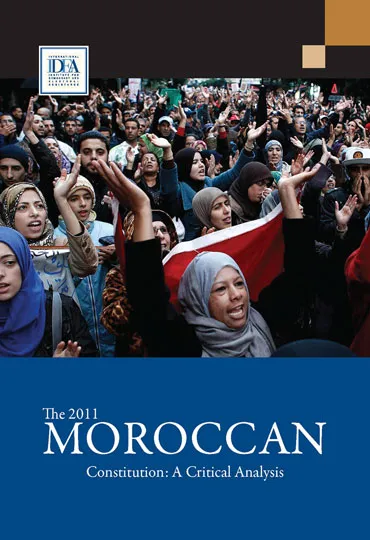
| Total views | 12949 |
|---|---|
| Downloads | 213 |
| Rating |
Give us feedback
Do you have a question or feedback about this publication? Leave us your feedback, and we’ll get back to you
Send feedback